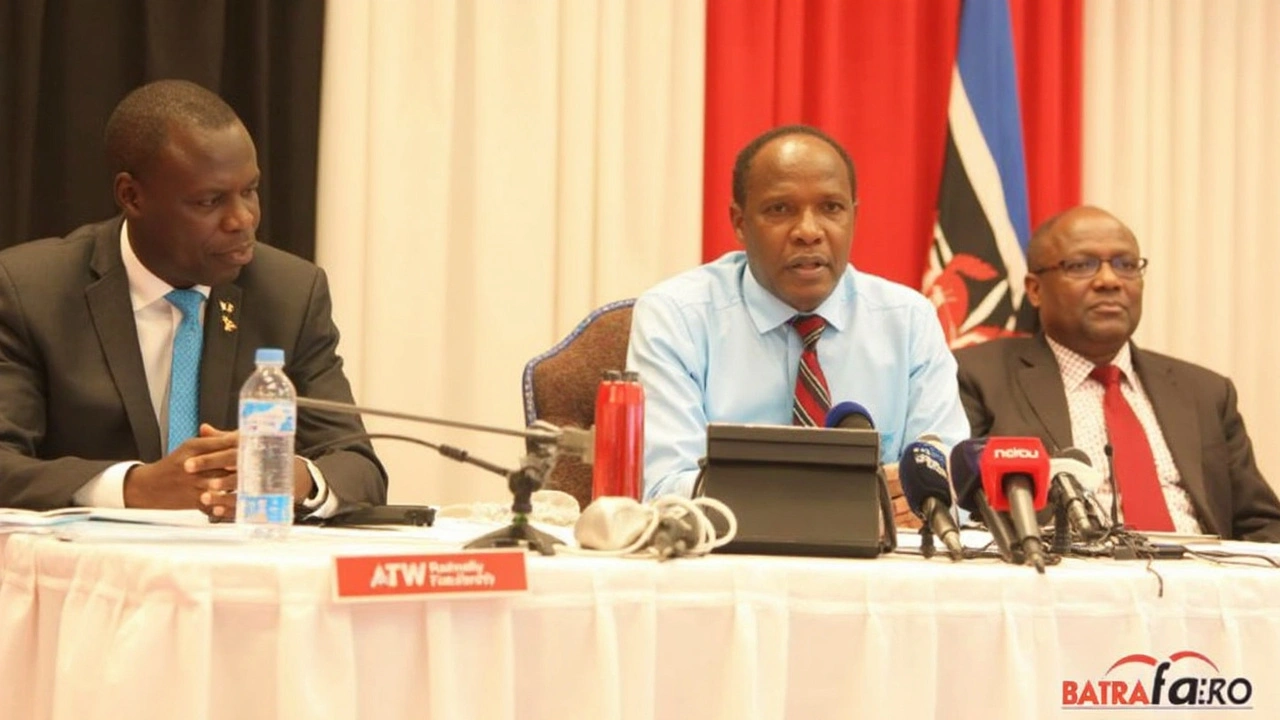Tax reforms are causing a buzz across Africa, and if you own or run a game farm, you’re probably wondering what these changes will mean for your daily operations and bottom line. Tax tweaks aren’t just numbers—they shape decisions on everything from running guided safaris to funding conservation projects. With new policies being rolled out, many game farm owners are asking hard questions about costs, compliance, and future profits.
So, why do governments keep discussing tax reforms in the context of wildlife and agricultural sectors? Well, African game farms are not just about tourism or hunting—they play a big role in local economies, job creation, and even anti-poaching work. Adjustments to tax rules directly affect how much game farm owners can invest in things like habitat protection, breeding programs, and eco-friendly upgrades. Changing tax rates or introducing new deductions can either free up much-needed cash or create fresh hurdles when margins are already thin.
Here’s where it gets real: New tax systems often try to close loopholes or make things fairer for local communities. Sometimes, that means more taxes for large or international operators, but relief or breaks for smaller, community-run farms. For example, some reforms offer incentives if you use sustainable practices, like solar power or indigenous plant restoration. But these incentives are only useful if you know how to claim them—and that’s where it gets tricky. Without clear info, you could be leaving money on the table or, worse, facing fines for mistakes.
Game farm owners and managers need to keep a close eye on government announcements. Tax rules can change fast, and if you don’t stay updated, you can easily fall behind—especially if your accountants aren’t familiar with wildlife business specifics. It’s smart to look for practical guides or workshops focused on tax for tourism, conservation, and agriculture. These often show you real-world ways to handle paperwork, plan investments, or legitimize expansion projects under new tax codes.
What does the future look like for game farms under ongoing tax reforms? More governments are pushing for transparency, environmental stewardship, and support for rural communities. That could mean extra paperwork, but it may also unlock grants or tax holidays for farms that lead on conservation or community outreach. The challenge is to balance compliance costs with the real benefits of operating a sustainable, tax-smart business.
If you’re in the thick of running an African game farm, it’s not about memorizing tax code—focus on understanding the basics: What’s changing? How does it impact daily costs or long-term business planning? Where can you get reliable advice that’s specific to your type of farm? The more proactive you are, the better your chances for growing a resilient, profitable, and sustainable operation while meeting new government rules.

Kenya's Finance Bill 2025 is shaking up the tax landscape with limits on tax loss carry-forward, fresh NIFC incentives for both startups and big investors, targeted digital economy taxes, and new VAT reliefs for agriculture and manufacturing. Policymakers hope these changes will drive growth and attract crucial foreign investment.
Read More >>